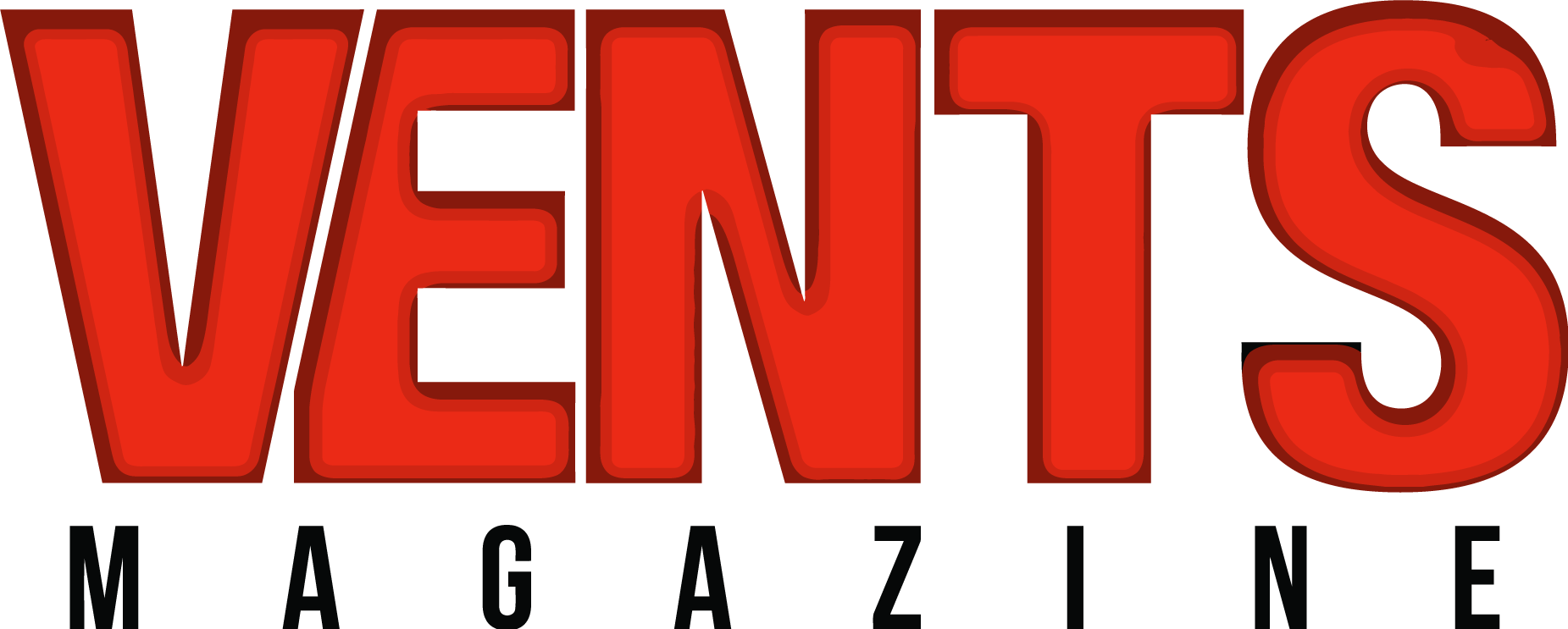The decision between standard and custom vending machines involves weighing cost against benefit. The two options are suited to specific business demands. In this article, we compare their price factors, features and their value, to help you make a selection.
Initial Purchase Costs
The initial cost is the most important consideration in deciding on the right vending machine. Costs vary according to quality and design.
Standard Vending Machines
Basic vending machines are priced between $1500 and $5,000. They provide basic functions such as drink or snack dispensing. Businesses provide affordable models to small-sized enterprises. These machines suit simple needs but lack unique designs.
Custom Vending Machines
Custom-designed vending machines can range between $3,000 and $15,000. Companies like AMS create custom designs and add elements like wraps with branded logos or compartments that are specialized. Costs are higher due to advanced technology and offer a lot of customization. Custom vending machine manufacturers deliver branded, efficient machines for startups. This is perfect for markets with a niche.
Operational and Maintenance Expenses
Costs that are ongoing affect the value of long-term investment. The efficiency and the maintenance of your equipment determines profitability.
Standard Machine Maintenance
Standard equipment has lower maintenance cost, with a typical annual maintenance of $200 to $500. The machines use straightforward mechanics and reduce repairs demands. The older models could not be energy efficient, resulting in higher the cost of utilities. Seaga’s simplest machines draw more energy than the latest models.
Custom Machine Maintenance
The cost of custom machines is $500 to $1,000 each year to keep. Advance features such as cashless payment and telemetry call for special repairs. However, designs that are energy efficient such as those made by SandenVendo can lower the cost of utility. The custom machines usually come with warranties to help reduce the cost of unexpected repairs.
Revenue Potential and Features
Certain features are able to boost the sales of your business, and impact the return on investment. Take note of how each machine contributes to sales.
Standard Machine Revenue
The standard machines earn a steady revenue even in places with a low amount of traffic. They sell common goods like chips and sodas, which appeal to consumers who are not savvy. The lack of options such as cash-only transactions can make sales less. The basic U-Select-It models are ideal in small spaces, however they aren’t able to attract those who are tech-savvy.
Custom Machine Revenue
Customized machines can increase revenues for niche and high-traffic locations. They can offer cashless payment, smart inventory tracking, as well as branded designs that draw larger numbers of customers. The customized features are designed to appeal to specific customers, increasing the sales.
Long-Term Value and Scalability
Take note of how each strategy can help the growth of your business. Long-term durability and scale affect cost.
Standard Machine Scalability
Standard machines are ideal for businesses with limited budgets. The low price allows for fast deployment, however limited flexibility hinders expansion. In addition, adding machines to increase scale could not keep up with changing demands of the customer, for instance payment via contactless.
Custom Machine Scalability
Custom-designed machines can be scaled to suit growing businesses. Manufacturers such as Crane make machines that are upgradeable options, like IoT to help manage inventory. The higher initial cost leads to more flexibility, which helps expansion in markets that are competitive, such as the hospitality or retail industry.
Conclusion
Standard vending machines come with affordable upfront costs and easy maintenance. This is ideal for small scale businesses. The custom machines, although more expensive, come with sophisticated features, more revenues, and are scalable for businesses that are growing. Examine your budget, markets, and goals for the long term in order to select the right solution for success and profitability.
